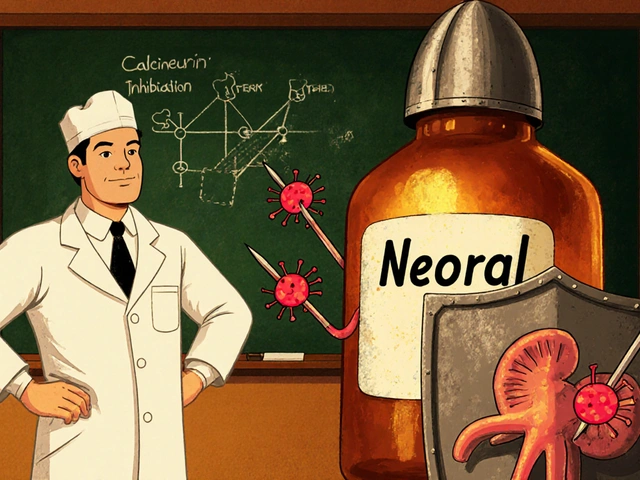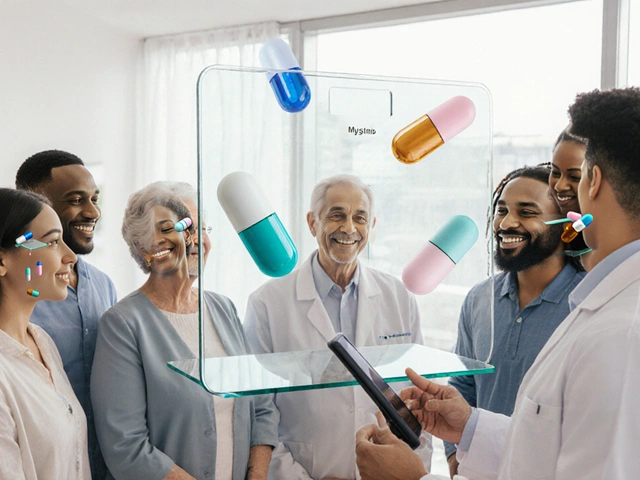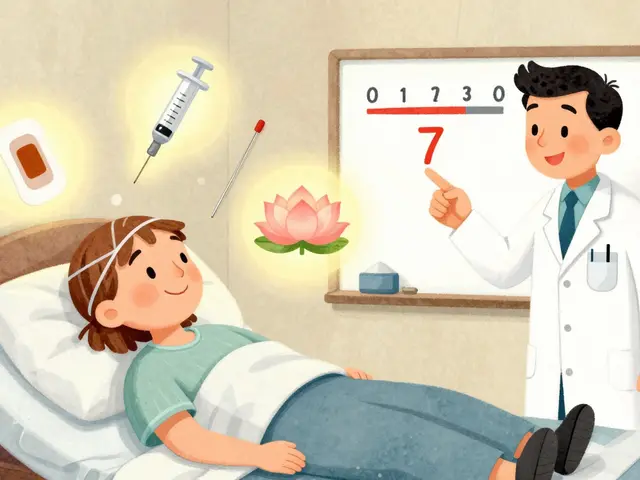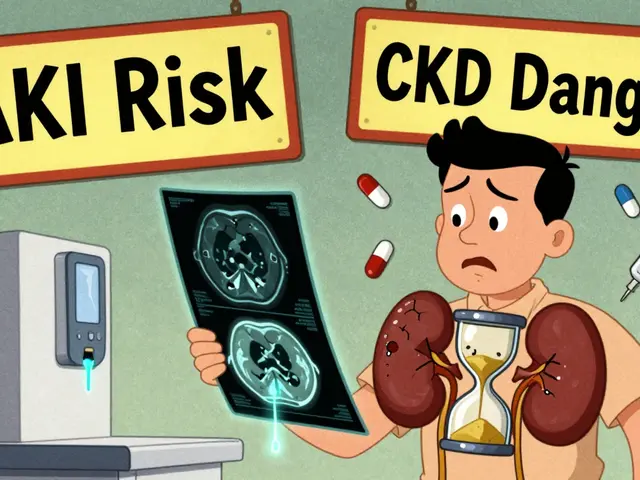Citrus Flavonoids – What You Need to Know
If you’ve ever bought a orange‑flavored supplement or heard a doctor mention “flavonoids,” you’re probably wondering what the fuss is about. Citrus flavonoids are natural compounds found in lemons, oranges, grapefruits, and related fruits. They give these fruits their bright color and a bitter‑sweet taste, but they also act as antioxidants, meaning they help protect cells from damage.
People take citrus flavonoid extracts to support heart health, reduce inflammation, and even boost immune function. The most studied ones are hesperidin, naringin, and quercetin. While the research is still growing, many users report feeling more energetic and noticing milder allergy symptoms after adding a citrus flavonoid supplement to their routine.
How Citrus Flavonoids Work in the Body
When you eat a grapefruit, the flavonoids travel through your stomach and enter the bloodstream. There, they can neutralize free radicals, which are unstable molecules that cause oxidative stress. By doing this, flavonoids help keep blood vessels flexible, support normal cholesterol levels, and may lower blood pressure.
Flavonoids also influence enzymes that process drugs. One key enzyme is CYP3A4, a protein in the liver that breaks down many prescription medicines. Grapefruit juice can inhibit CYP3A4, leading to higher drug levels in the blood. This effect isn’t limited to juice; concentrated flavonoid supplements can have a similar impact.
Safety Tips and Drug Interactions
Because flavonoids can change how drugs are metabolized, it’s smart to check for interactions before you start a supplement. If you’re on statins like atorvastatin, for example, high‑intensity doses already push the liver’s processing limits. Adding a strong flavonoid source could raise the drug’s concentration and increase the risk of muscle pain or liver issues.
The same caution applies to blood thinners, certain antihistamines, and some antibiotics. A quick look at the label of any prescription you’re taking (or a chat with your pharmacist) will tell you if a flavonoid could interfere. If you’re unsure, start with a low dose of the supplement and monitor how you feel.
For most healthy adults, a daily dose of 500 mg of mixed citrus flavonoids is considered safe. People with kidney disease, liver problems, or a history of gallstones should talk to a doctor first. Pregnant or breastfeeding women should also seek professional advice because the safety data is limited.
When choosing a product, look for one that lists the exact flavonoid content and uses a reputable brand. Avoid “proprietary blends” that hide the actual amounts; transparency helps you stay within safe limits.
In short, citrus flavonoids can be a useful addition to a balanced diet, especially if you enjoy the taste of citrus fruits. They offer antioxidant support and may improve cardiovascular markers, but they can also interact with common medications. Being aware of those interactions and starting with a modest dose lets you reap the benefits without unwanted side effects.
Want more details on how specific drugs like atorvastatin or Oxybutynin interact with supplements? Check out our related guides on dosage choices and safe online purchasing. They break down the science in plain language and give you practical steps to keep your health plan on track.
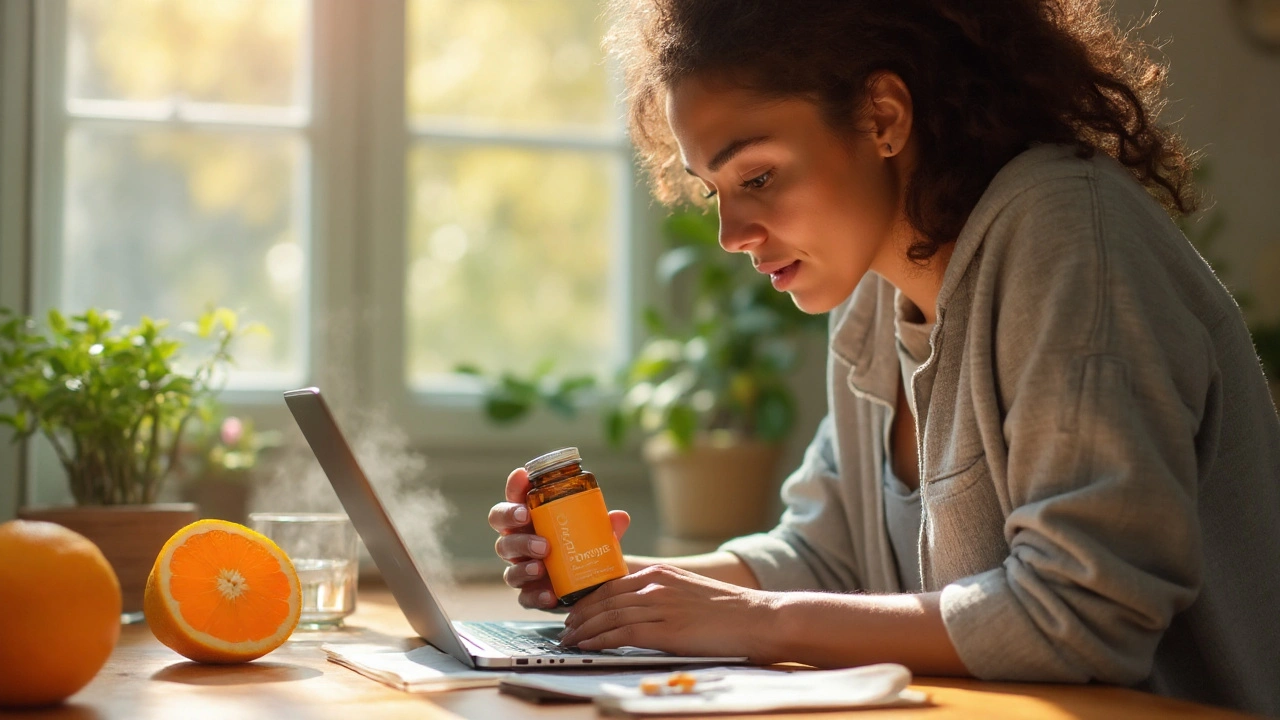
Sweet Orange Supplements: Science-Backed Benefits of Citrus Flavonoids, Hesperidin, and d‑Limonene
- By : Tamsin Riverton
- Date : Aug 29 2025
Evidence-based guide to sweet orange supplements: what’s inside, how they work, real benefits, safe doses, UK buying tips, and who should avoid them.
